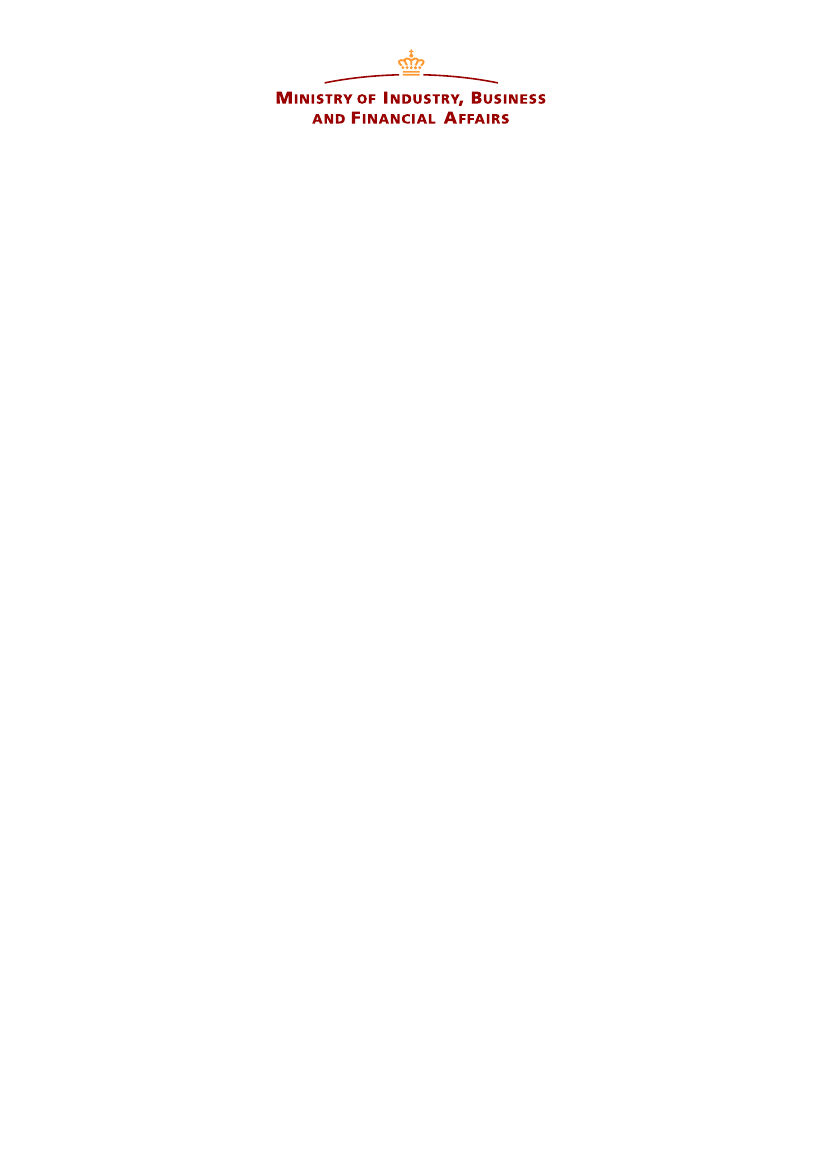
NOTE
1. februar 2021
Annex on the initiative on mandatory corporate due diligence
The Danish Government welcomes the European Commission’s
initiative
to
in-
troduce a legislative proposal on mandatory due diligence that encourages
sustainable and responsible business conduct globally by contributing to
an efficient smart mix of mandatory and voluntary measures.
COVID 19 has shown that in order to manage crises effectively and fle-
xibly, companies are well advised to have a close understanding of their
value chains, know their suppliers and cooperate with them to address any
adverse impacts and vulnerabilities.
Definition of due diligence
The term due diligence should be used in accordance with the risk-based
due diligence concept developed by the United Nations (UN) Guiding
Principles on Business and Human Rights (UNGPs) and OECD’s Guide-
lines for Multinational Enterprises as revised in 2011.
Risk-based due diligence is a process to identify, prevent, mitigate and ac-
count for harmful impacts caused by the company, or to which the com-
pany contributed, or impacts that are directly linked to its operations, pro-
ducts or services by its business relationship with another entity. Risk-ba-
sed due diligence is characterized as a management approach. It should be
an ongoing and contextual process that involves stakeholders, in particular
those affected by the risk.
The Danish Government will draw attention to the importance of due dili-
gence not becoming a tick-box exercise. The Commission can carefully
consider how to obtain the intended objectives of due diligence without
causing a shift from identifying and preventing harm on the ground through
a management process on to compliance with a statutory requirement; and
involve socio-legal expertise with knowledge of regulatory strategies on
organisational change to help provide input for this purpose.
Related regulation
Some EU regulation regarding risk-based due diligence is already in place
such as the EU Conflict Minerals Regulation, the NFRD Directive, the
Disclosure Regulation, and the standard setting Taxonomy Regulation. It
is therefore important to ensure that new regulation does not conflict or
overlap with existing legislations.